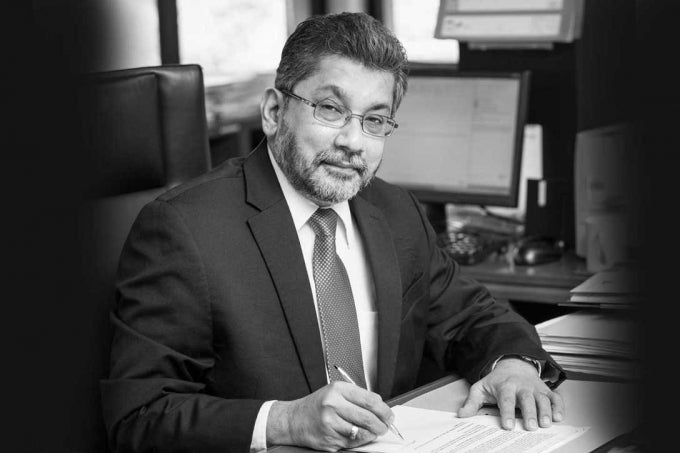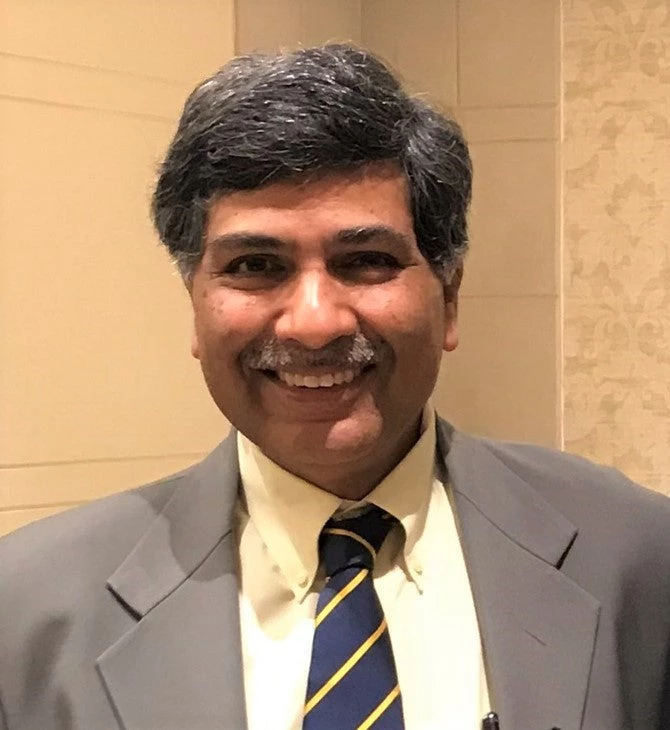
I first met Saman in the early 1990s in Delhi. Over the years, our paths diverged. When I re-engaged on South Asia, I ran into Saman again. We re-connected instantly, despite the long intervening period. This was easy to do with Saman—soft-spoken, affable, a gentleman to the core. He bore his considerable knowledge lightly.
Despite his premature passing away in June 2017, he left a rich and varied legacy behind him. I will confine myself to discussing his insights on regional cooperation in South Asia, based on his public writings and my interactions with him.
Saman was a champion of deeper economic linkages within South Asia. He was also pragmatic.
Along with a few other regional champions, Saman, as the head of the Institute of Policy Studies in Colombo, helped to kick-start the “South Asian Economic Summit”, or SAES, in Colombo in 2008, to provide a high-profile forum for dialogue on topical issues, especially South Asian regional integration. It is remarkable that the SAES has endured, without any gap. The fact that the policy and academic fraternity meet with unfailing regularity, despite on-and-off political tensions in the region, is testimony to its value.
Saman repeatedly stressed that Sri Lanka has been able to reap benefits from the India-Sri Lanka FTA (ISFTA), contrary to the general belief. His arguments were powerful: the import-export ratio for Sri Lanka improved from 10.3 in 2000 (the start of the ISFTA) to 6.6 in 2015; about 70 percent of Sri Lanka’s exports to India get duty-free access under the FTA, but less than 10 percent of Sri Lanka’s imports from India come under the FTA (since India provided “special and differential treatment” to Sri Lanka).
Looking at only the FTA part of India-Sri Lanka trade, Sri Lanka’s exports and imports were almost balanced, and exports greater than imports in six of the 16 years since 2000. Sri Lanka was able to diversify its export base over the FTA period from 505 products in 1999 to 2100 products in 2012.
Modern trade is inextricably interlinked with investment. Saman exhorted his own country as well as the rest of South Asia to leverage this link. He pointed out that investment augments supply capacity and introduces new supply chains. Foreign Direct Investment (FDI) plays a critical role in this upgrading process and enables countries to link into regional and global value chains. Smaller countries like Sri Lanka can take advantage of the specialization that is core to the concept of value chains.
Many economies in South Asia, including Sri Lanka, orient most of their exports towards slow-growing Europe and North America. About 63 percent of Sri Lanka’s exports go to these regions, while only 31 percent go to the dynamic economies of Asia. Changing this equation will be fundamental to Sri Lanka’s future prospects. Saman recognized that economies such as China, India, Singapore, etc., would need to take up a growing share of Sri Lanka’s exports, not only because of their large markets but also to attract more FDI from their sophisticated manufacturing and services sectors. He therefore viewed deeper linkages with the larger economies as opportunities rather than threats.
On trade within South Asia, he recognized that the achievements of the South Asia Free Trade Agreement (SAFTA) were “far from satisfactory”, since most countries maintain very large “negative lists” of products that have been kept out of the preferential arrangements—and these are often those products where partner countries have strong comparative advantage. He advocated for an inclusion of actively traded goods under preferences, a reduction of the negative list, and meaningful cooperation in services and investment.
South Asia owes Saman a debt of gratitude for being a tireless voice in support of deeper regional cooperation. His legacy will be honored if not only Sri Lanka but also the rest of South Asia moves forward on some of the key elements of the regional cooperation agenda.
Full post first published in the Daily FT Sri Lanka


Join the Conversation